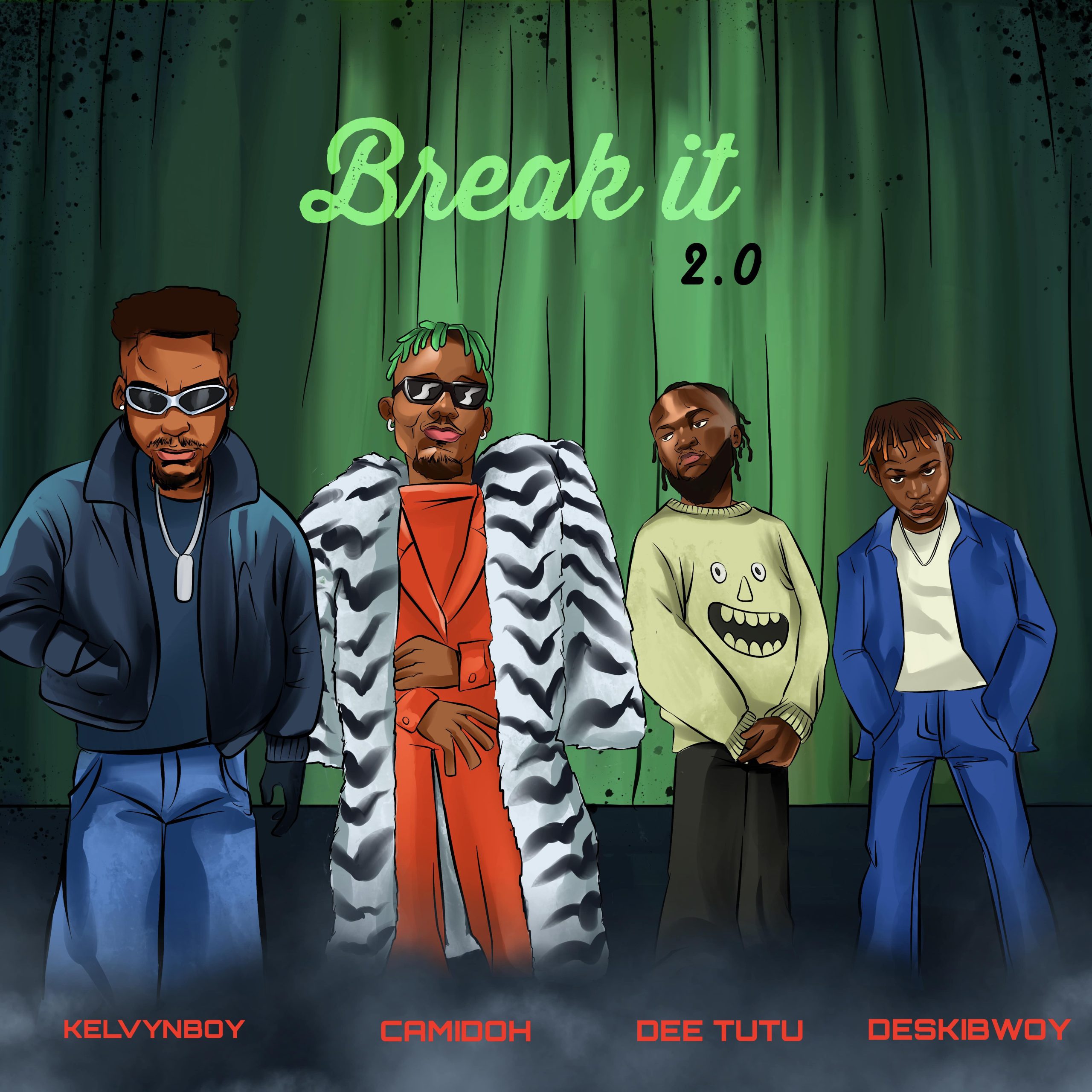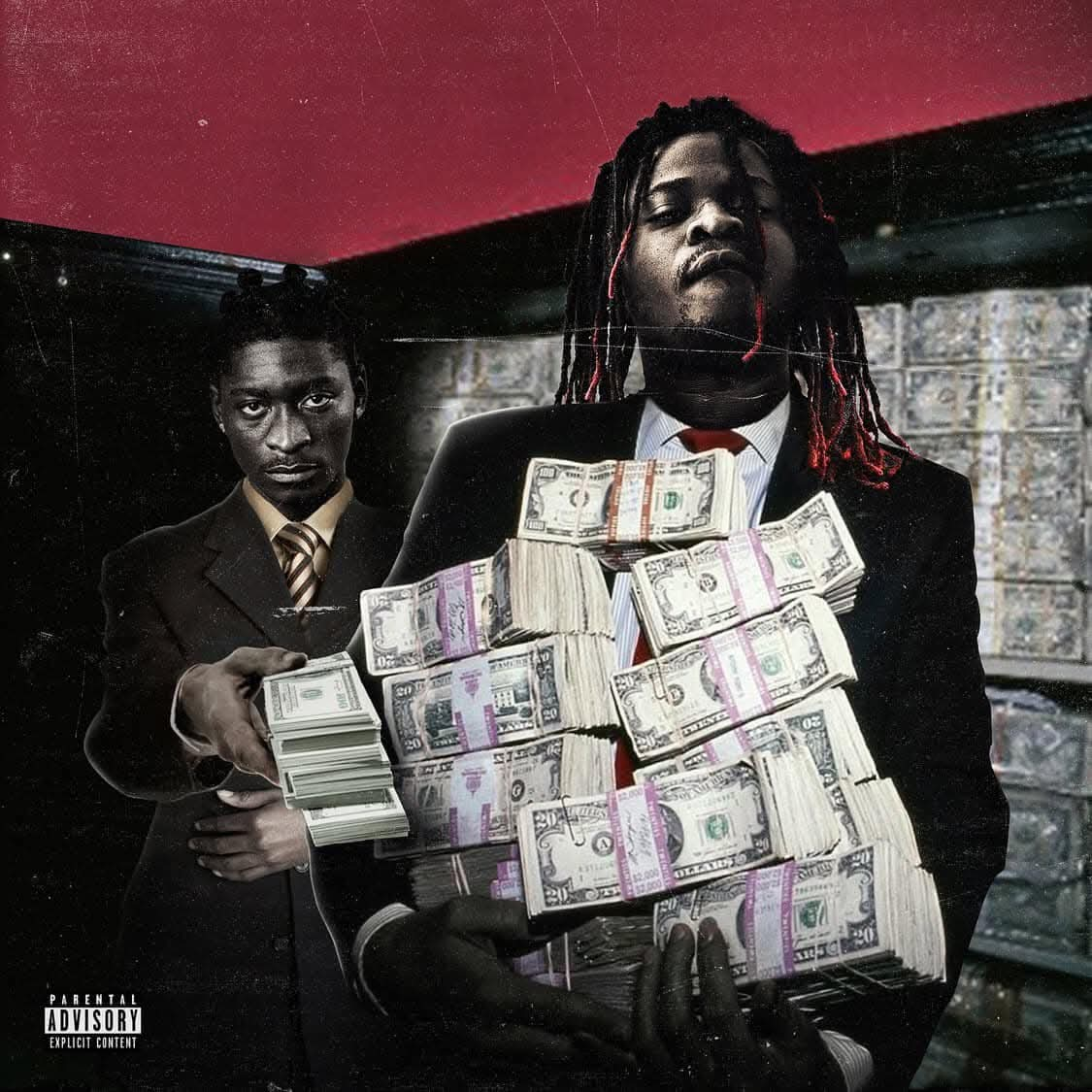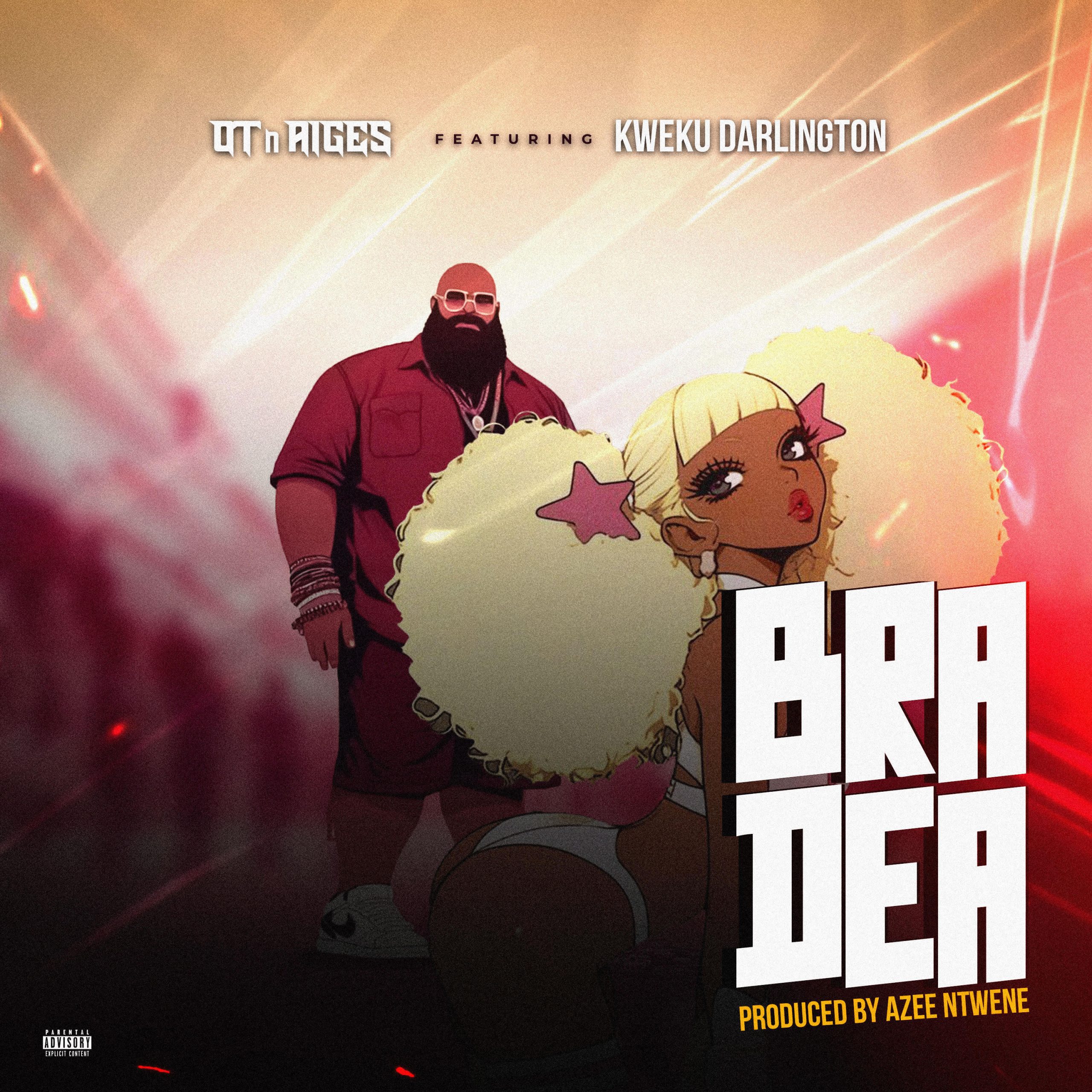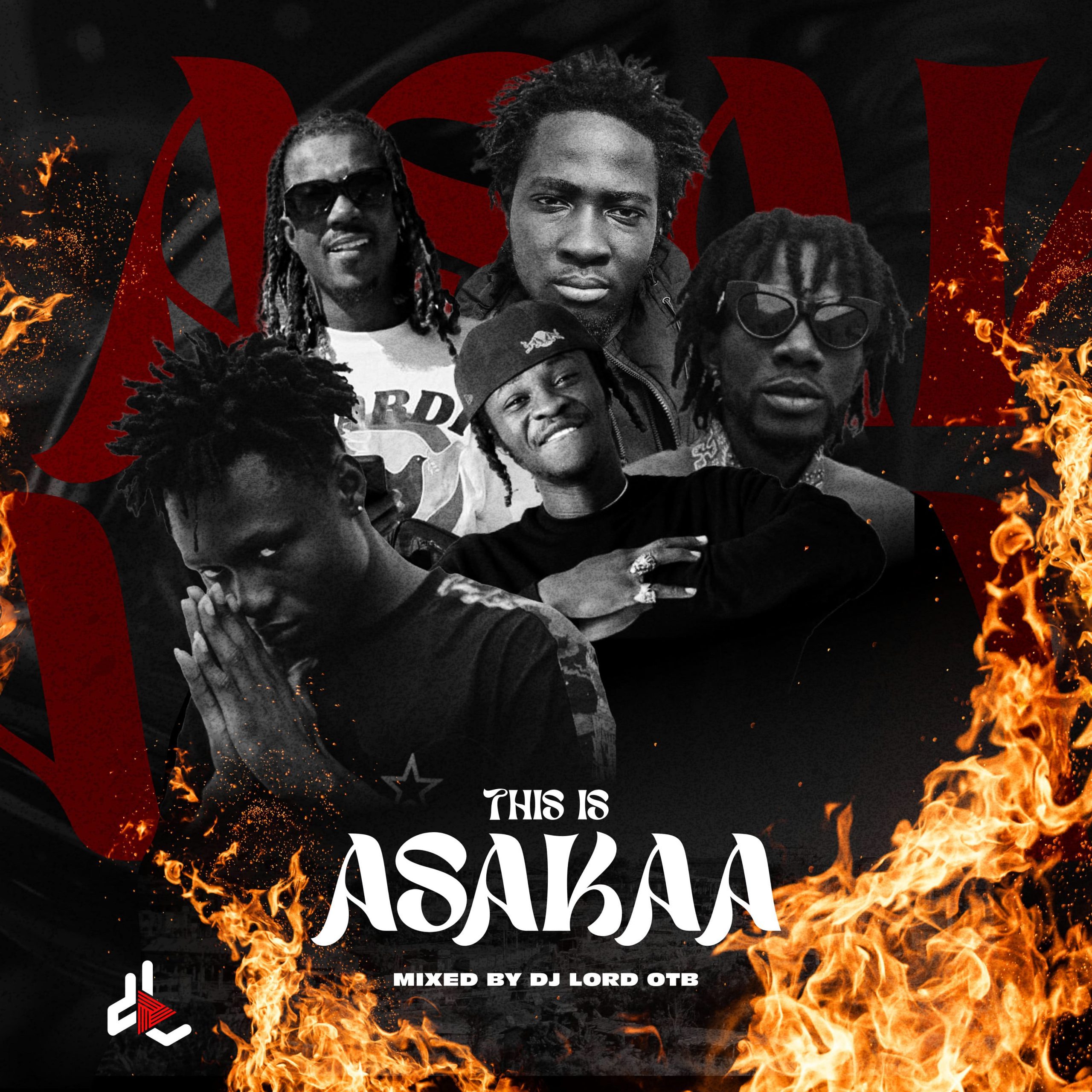The Role of Music in Ghanaian Political and Social Movements
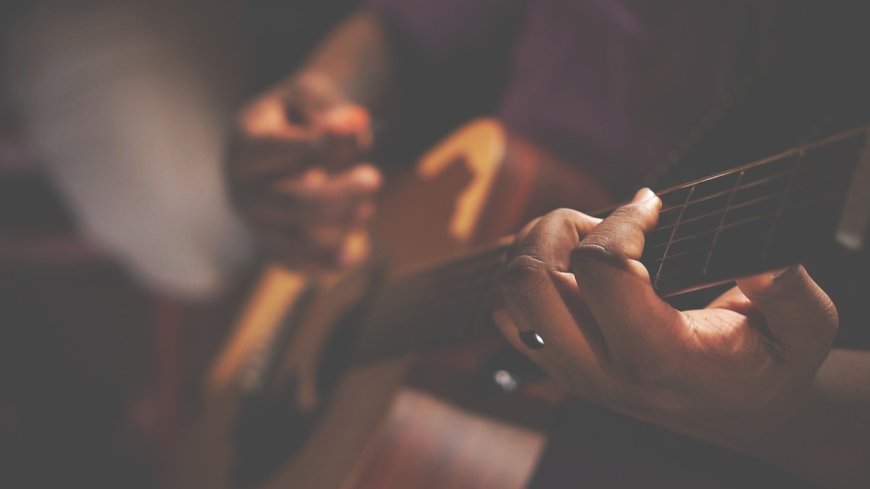
Music in Ghana has long been a powerful medium for political expression and social commentary. From traditional rhythms to contemporary genres, Ghanaian musicians have used their art to influence public opinion, mobilize communities, and advocate for change.
Historical Context
In the post-independence era, music became a tool for nation-building and political engagement. Highlife music, characterized by its fusion of African rhythms and Western instruments, played a significant role in this period. Artists like E.T. Mensah used their music to promote unity and national identity.
During the 1960s and 70s, as Ghana experienced political upheavals, musicians began to incorporate more overt political messages into their songs. Highlife evolved to address social issues, with lyrics highlighting themes of freedom, justice, and resistance.
Music as Political Commentary
Ghanaian musicians have often used their platforms to critique political leaders and policies. For instance, hiplife artist A Plus gained prominence with songs that directly addressed governmental corruption and inefficiency. His music resonated with many Ghanaians who felt disillusioned with the political system.
Similarly, Barima Sidney's tracks like "Scɛnti Noo" became anthems for political movements, with lyrics that challenged the status quo and encouraged civic participation. These songs not only entertained but also educated listeners about their rights and responsibilities as citizens.
Mobilizing Social Movements
Beyond politics, music in Ghana has been instrumental in driving social change. Artists have addressed issues such as gender equality, youth empowerment, and public health through their songs. Wiyaala, for example, uses her music to advocate for women's rights and challenge societal norms.
Campaigns against child marriage, domestic violence, and other social issues have often been accompanied by musical initiatives, leveraging the emotional power of music to inspire action and solidarity.
Contemporary Influence
In recent years, genres like hiplife and afrobeat have continued the tradition of using music as a form of protest and advocacy. Artists blend traditional sounds with modern beats to reach younger audiences, ensuring that messages of social justice remain relevant.
The rise of digital platforms has also amplified the reach of politically charged music, allowing artists to connect with global audiences and garner international support for local causes.
Conclusion
Music remains a vital force in Ghana's political and social landscape. Through melodies and lyrics, artists have the power to challenge authority, unite communities, and inspire change. As Ghana continues to evolve, its music will undoubtedly remain at the forefront of its journey toward a more just and equitable society.
What's Your Reaction?
 Like
1
Like
1
 Dislike
0
Dislike
0
 Love
0
Love
0
 Funny
0
Funny
0
 Angry
0
Angry
0
 Sad
0
Sad
0
 Wow
0
Wow
0










